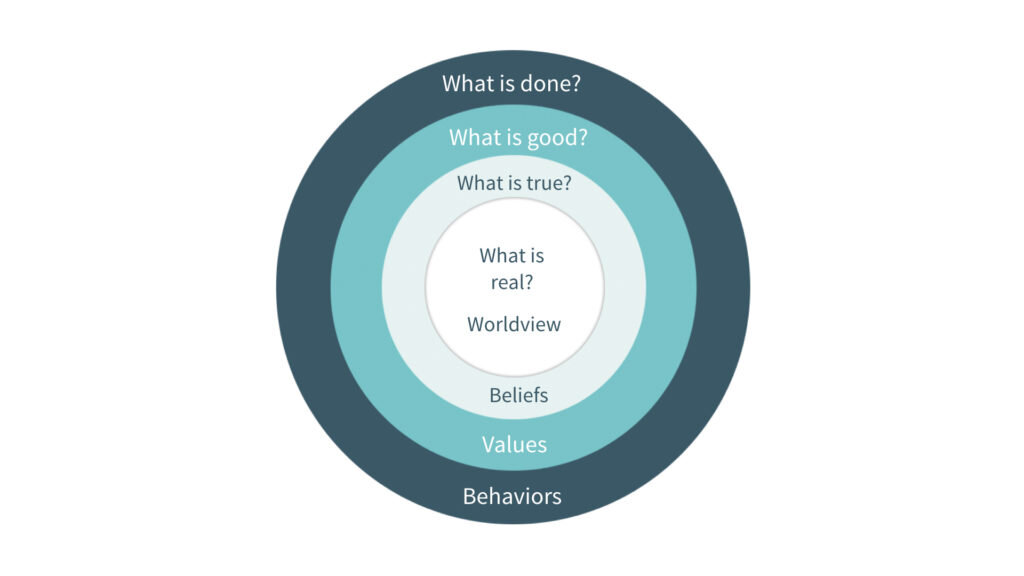
Pathway Learning Blog
Access our growing library of hundreds of blog posts covering topics relevant to church leaders. Preview and read these blog posts now.
SEARCH THE BLOG
Looking for something in particular? Search our hundreds of blog posts on topics of interest to church leaders.

Chinese Official Denounces House Churches at Congress, Says They Must Be Brought To Justice
"Pastor" Xu Xiaohong (徐晓鸿), head of the Chinese government-sanctioned Three-Self Church (三自爱国运动) warns of Christianity’s “anti-China forces” and vows to help government “bring them to justice" at the National People's Congress on March 11, 2019.

Obedience to God’s Command and Compassion for the Lost (Evangelism, Parts 2A and 2B)
I haven't reached this state of spiritual maturity we find in the Apostle Paul when he writes: "I speak the truth in Christ. I am not lying. My conscience confirms it in the Holy Spirit." Paul writes, "I have great sorrow and," Another translation reads, "I have unceasing anguish in my heart.” Paul goes on: “For I could wish that I myself were cursed.”

Is Praying A Sinner's Prayer Enough? (Evangelism, Part 1)
The goal of evangelism should be someone making a credible profession of faith in Christ. But who says the profession of faith in Christ is credible? Is it the person themselves? Is it enough for them just to say they made a commitment, a decision or to say, “I prayed a prayer?”

Foundations of Discipleship (Discipleship Series, Part 1)
When the resurrected Jesus met with his eleven disciples on a mountain in Galilee, he commanded them to “make disciples of all nations” (Matt 28:19). Jesus’ commission to make disciples is clear. But what it really means to make disciples is often unclear.To make disciples, we must first know what a disciple is.The eleven followers of Jesus who heard this command to make disciples are referred to as “his eleven disciples.” And they were called disciples before they were called Christians (Acts 11:25).

Master's Method Of Discipleship (Discipleship Series, Part 2)
The primary focus of Jesus' brief life and ministry was not on preaching, teaching or healing people, but on making disciples. So we shouldn’t be surprised to learn that at the end of his ministry, after his resurrection and before his ascension, he commissioned his own disciples to make new disciples (Matt 28:16-20).

Principles of Discipleship (Discipleship Series, Part 3)
One of the dangers in discipleship ministry is an inordinate focus on methods. The focus of most discipleship curriculum is on methods, strategies, and techniques for making disciples. The problem is that methods are not universal and methods that work well in one situation, often do not work in others. We need to understand essential principles regarding discipleship that are rooted in the Bible and universal in application. Principles represent an objective reality that transcends cultural contexts.

What is a Mature Disciple? (Discipleship Series, Part 4)
What does a mature disciple of Jesus Christ look like?
First and foremost a mature disciple is someone who is marked by love. We saw earlier that Jesus’ commission to make disciples culminates in his command to teach his followers how to obey all his commandments. When someone asked Jesus which of the commandments is the most important, he responded by teaching it is love for God and others. (Matt 22:34-40)

The Master Plan: Imitating Christ in Discipleship (Discipleship Series, Part 5)
We know what it means to imitate Christ in terms of moral virtues – who we are. But what does it mean to imitate him in how we do practical ministry?
The problem is that church leaders often focus more on leading ministry programs than on imitating Jesus’ example of discipling people. Jesus’ example of making disciples is worthy of our serious thought and imitation. Begin learning how.

How To Develop An Effective Discipleship Plan (Discipleship Series, Part 6)
The reason most local churches do not have more mature disciples is that they don’t have an intentional discipleship plan. When many discipleship plans are carefully evaluated, they’re often outdated and ineffective.
So in this final session, our focus is on practical ways to develop and execute an intentional, effective discipleship plan in a local church.

Corporate Worship Services (Worship, Part 6)
In this final lesson in the Worship Course, we focus on a few principles and practices undergirding corporate worship services.

Wholehearted Worship: Existential Perspective (Worship, Part 5)
Jesus tells us that true worship is not about our outward behavior but the inward motivation of our heart. The heart includes our understanding, affections, and decisions. Worship that is wholehearted engages all three.

Cultural Perspective of Worship (Worship, Part 4)
Scripture prescribes some things regarding worship, but there are many things it doesn’t prescribe. When Scripture commands us to do something, but doesn’t instruct us exactly how to do it, we should use our God-given human reason guided by general biblical principles.

Biblical Perspective of Worship (Worship, Part 3)
We could invent all kinds of interesting ways we think God should be worshiped. But in the Bible God tells us what pleases and honors him in worship. Learn the difference between the first and second commandments and how that relates to worship.

Vertical and Horizontal Worship (Worship, Part 2)
Some believe that any human or horizontal focus in worship detracts from its God-centeredness and is therefore unbiblical and inappropriate. This idea sounds right, and there is truth in it, but it’s not biblical.
The Scriptures present us with a vertical and horizontal focus in worship. Our vertical focus in worship is on God and our horizontal focus is on others.

Broad and Narrow Worship (Worship, Part 1)
There are few places in Scripture where we see God seeking something. However, Jesus teaches that the Father is seeking true worshippers (John 4:23). And the Father is seeking your worship in both the broad and narrow sense.

Ultimate Answers: Worldview Part 2 (Philosophy of Ministry, Part 5)
How does the Gospel give us ultimate answers to the ancient questions asked by every generation?
Creation: Where did we come from?
The Fall: Why is there evil and suffering?
Redemption: What is our hope for the problem of evil?
Consummation: What lies beyond?

4 Ultimate Questions: Worldview Part 1 (Philosophy of Ministry, Part 4)
To see true transformation, we must bring people the Gospel in a way that answers the deepest questions they're asking about reality.
1. Question of Origin: "Where did we come from?"
2. Question of Evil: "How did things get so bad?
3. Question of Redemption: "What is our hope for the problem of evil?"
4. Question of Afterlife: "Is there anything that lies beyond?"
In this lesson, you'll learn how the gospel provides the ultimate answers to the worldview questions.

Going Deeper: Beyond Behavioral Change (Philosophy of Ministry, Part 3)
Gospel-centered leaders pray and strive to see Jesus Christ transform not only people’s behaviors, but also their deeper values, beliefs, and worldviews.
In this lesson, you will begin to explore the first three levels: Transformed behaviors, values, and beliefs.

Gospel + Church + Culture (Philosophy of Ministry, Part 2)
The problem we face today is that most church leaders are trained to study God's Word but they are not trained to study God's world. Church leaders must be not only a wise interpreters of God's Word but also a wise interpreters of God's world, particularly as it is uniquely manifested in the culture that their church is serving.

Philosophy of Ministry: Going Too Far or Far Enough? (Philosophy of Ministry, Part 1)
How far should we go in embracing cultural forms in order to find common ground for the sake of the gospel? In this lesson we'll begin exploring the answers to the question:
How can I contextualize the gospel without compromise?
